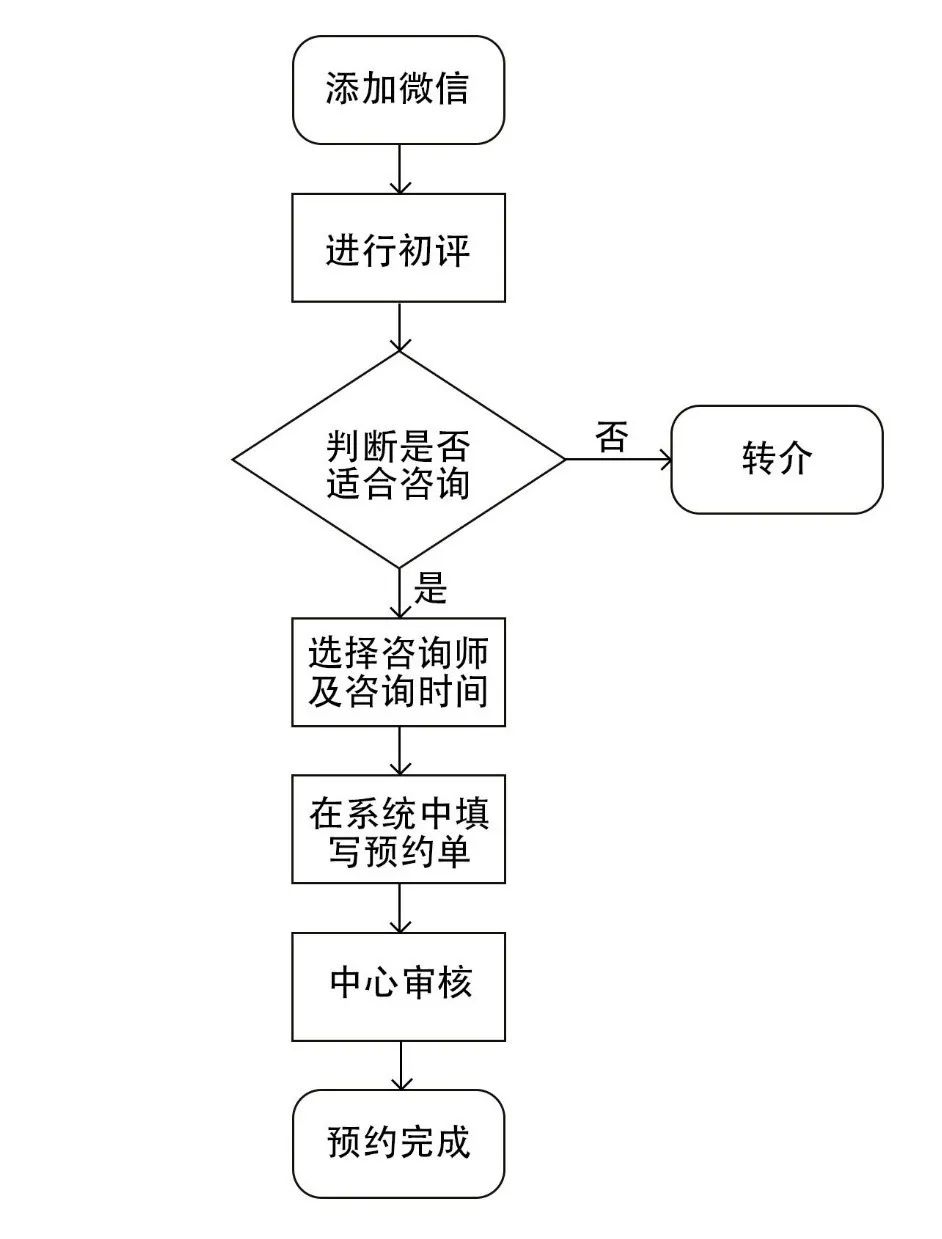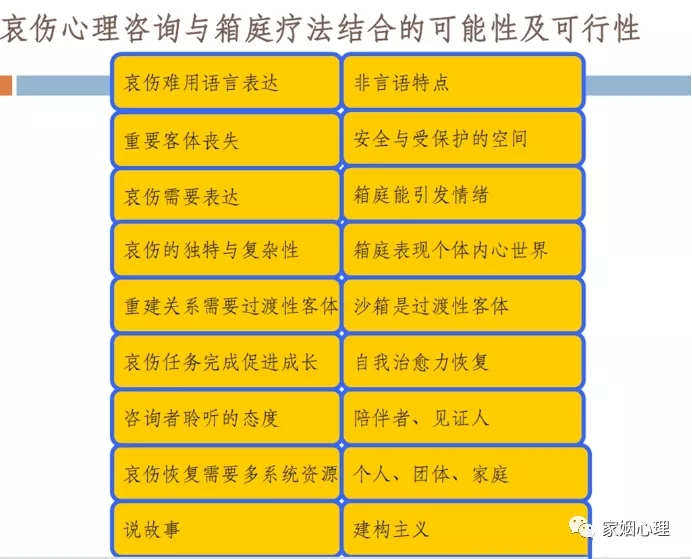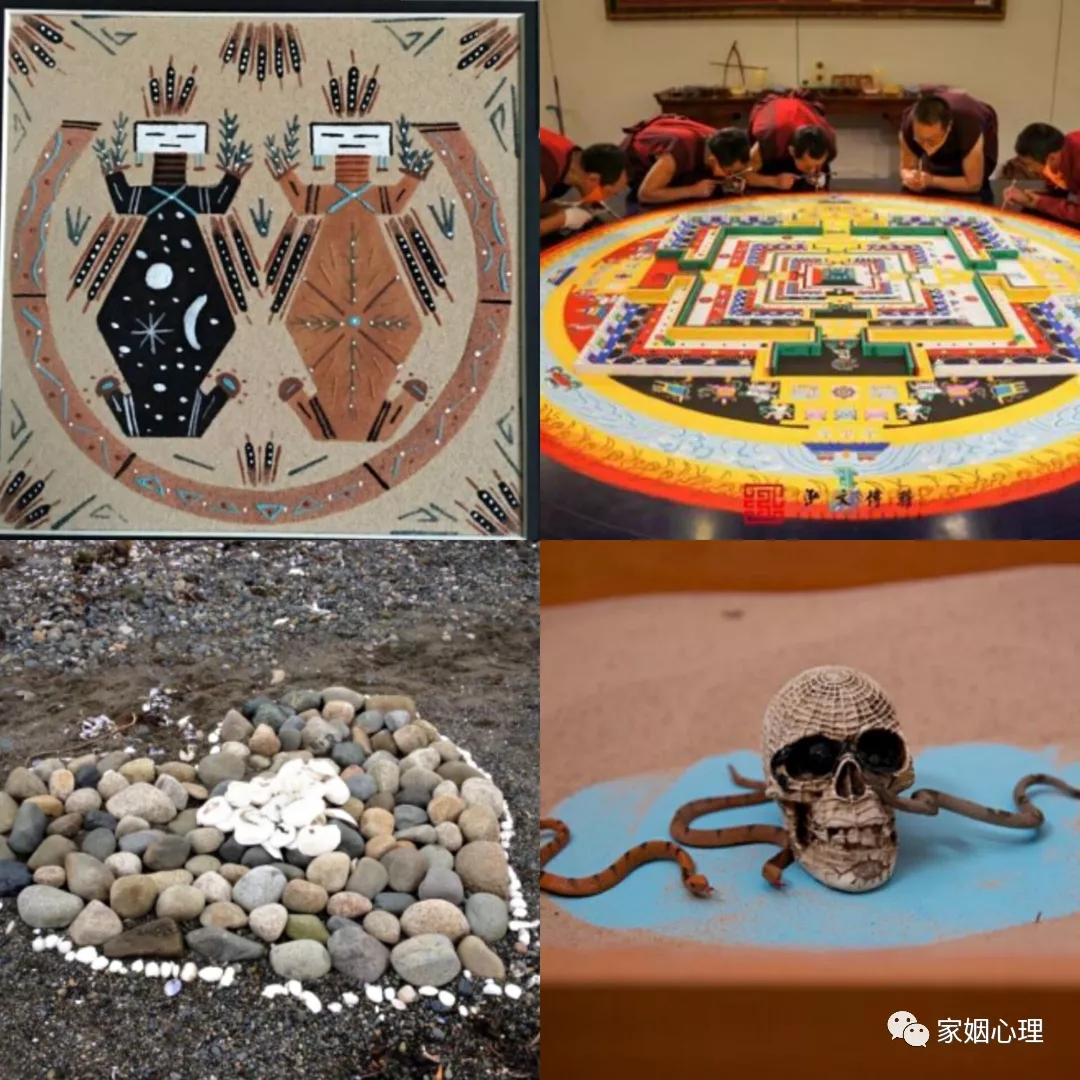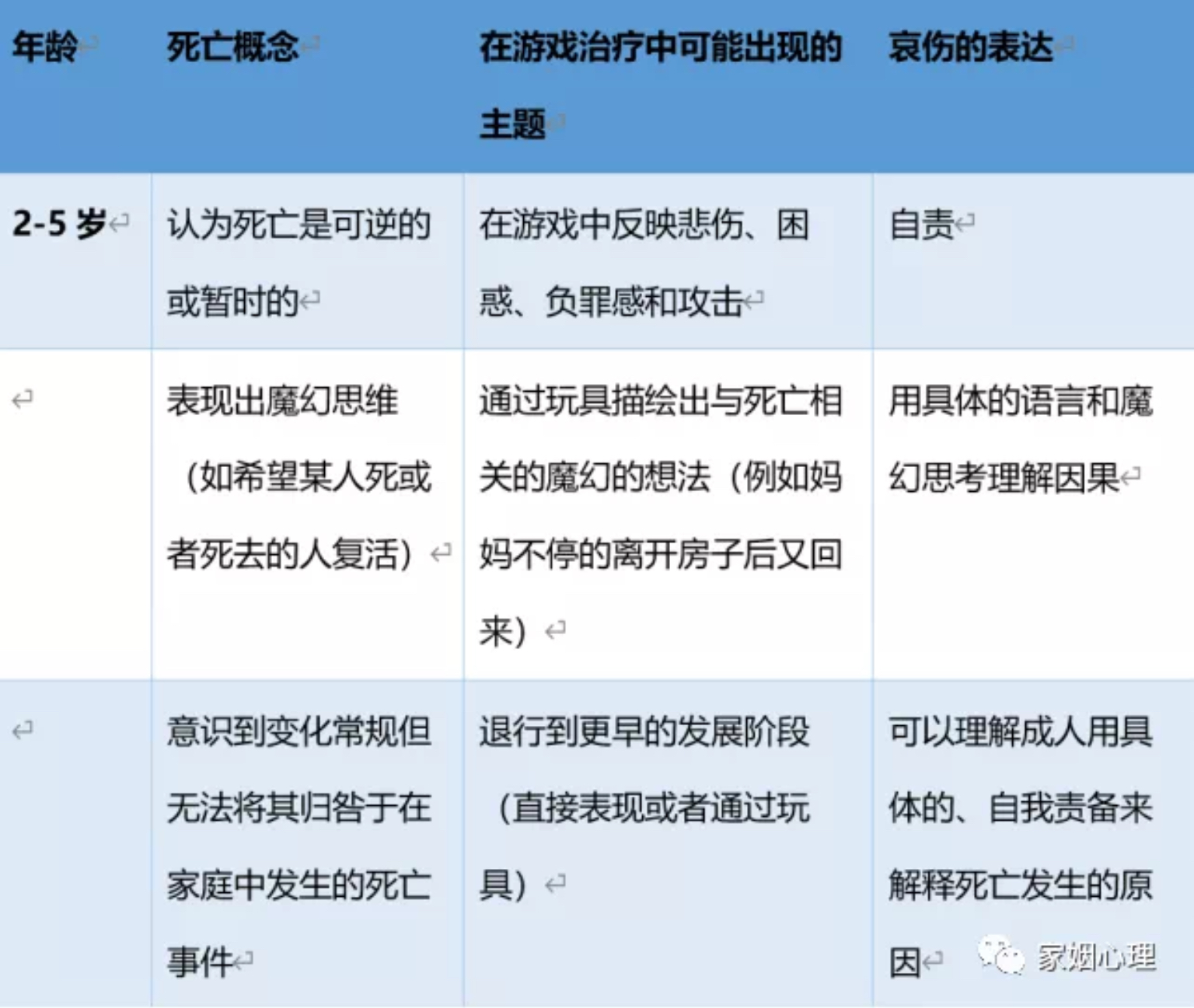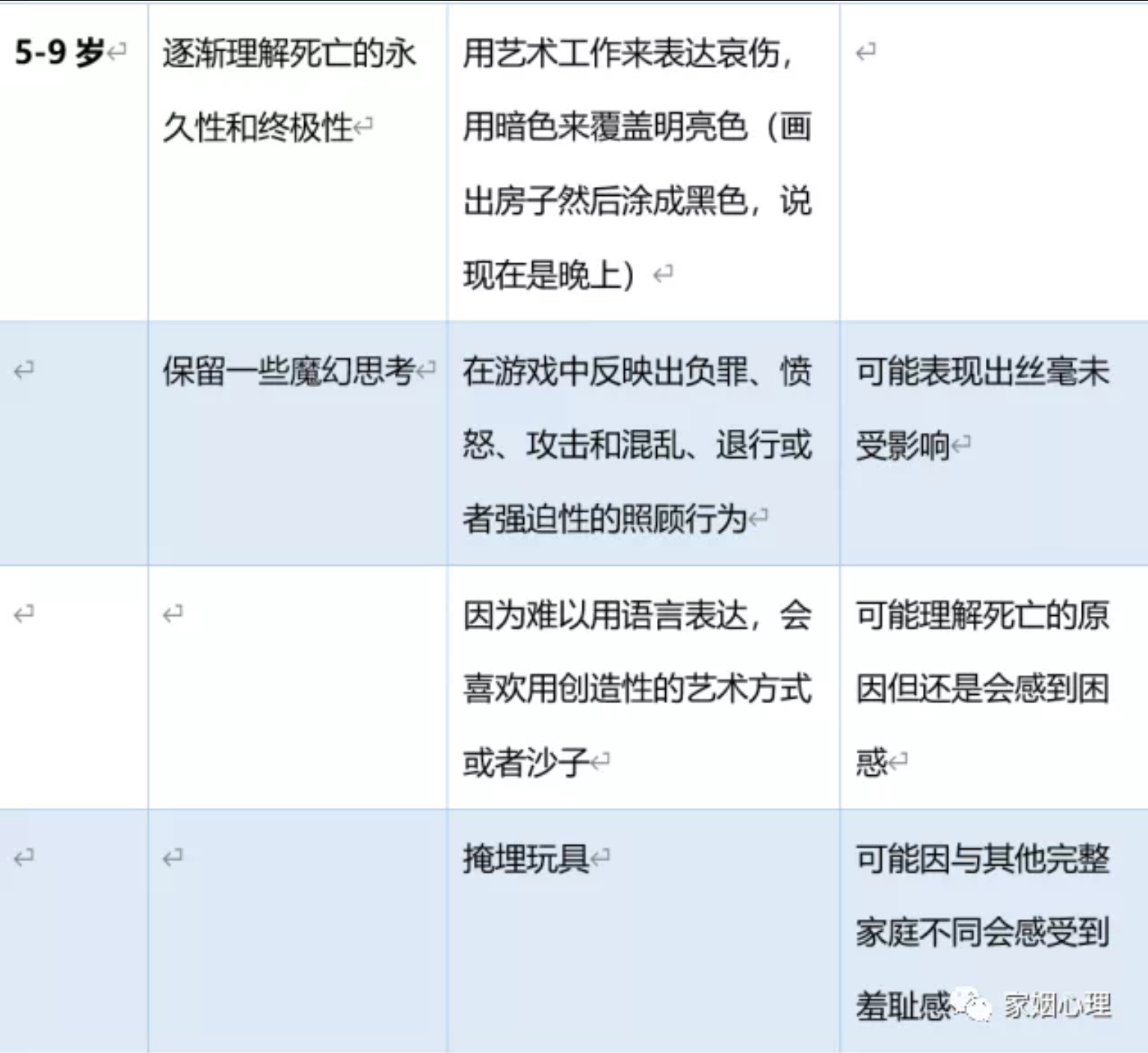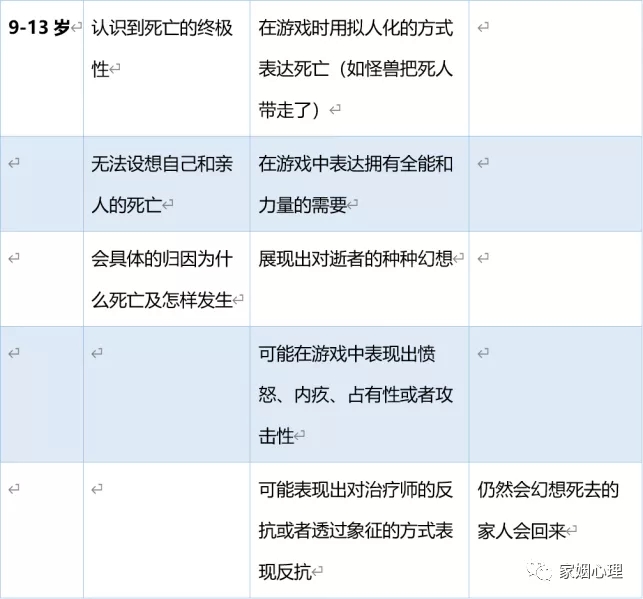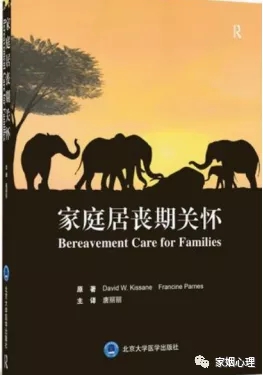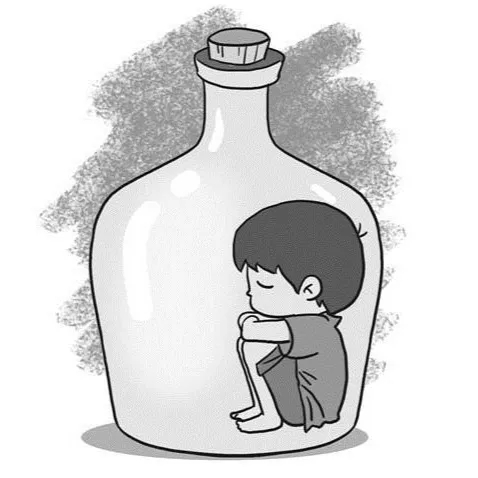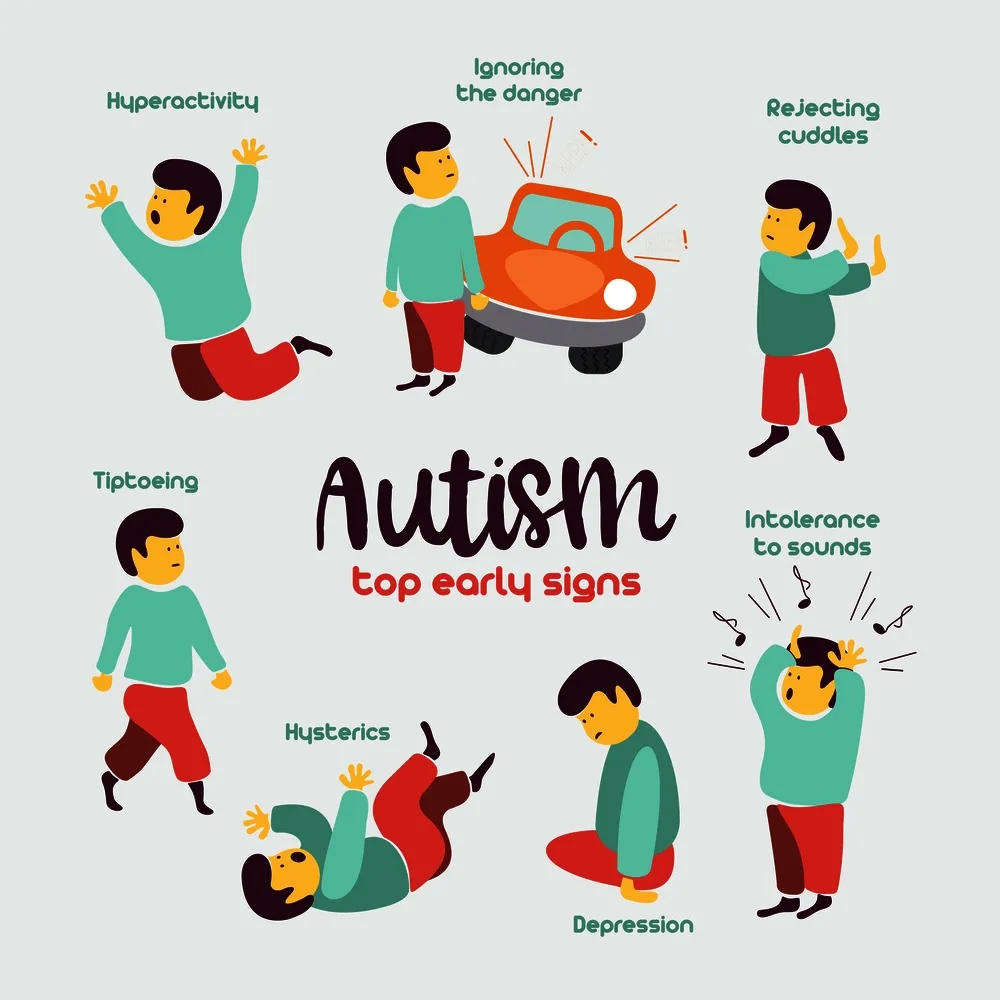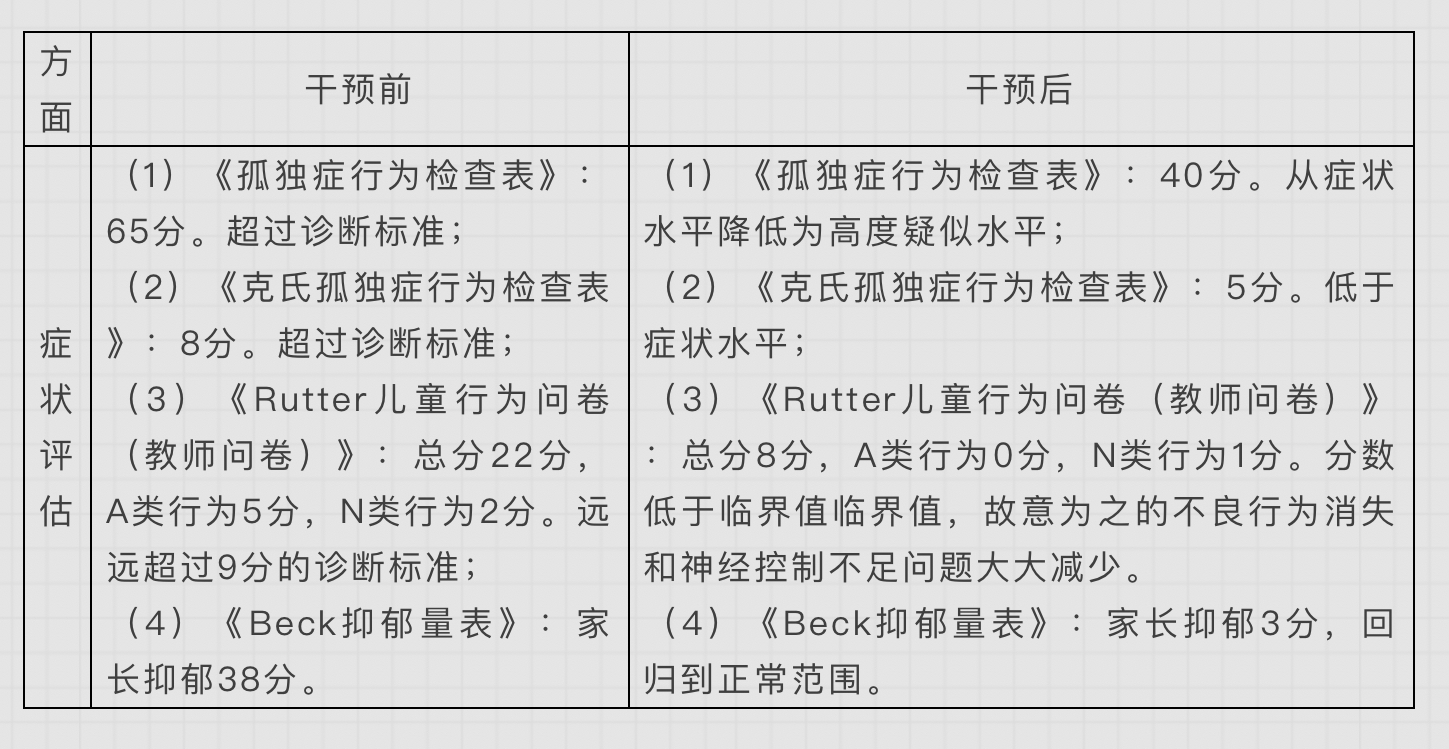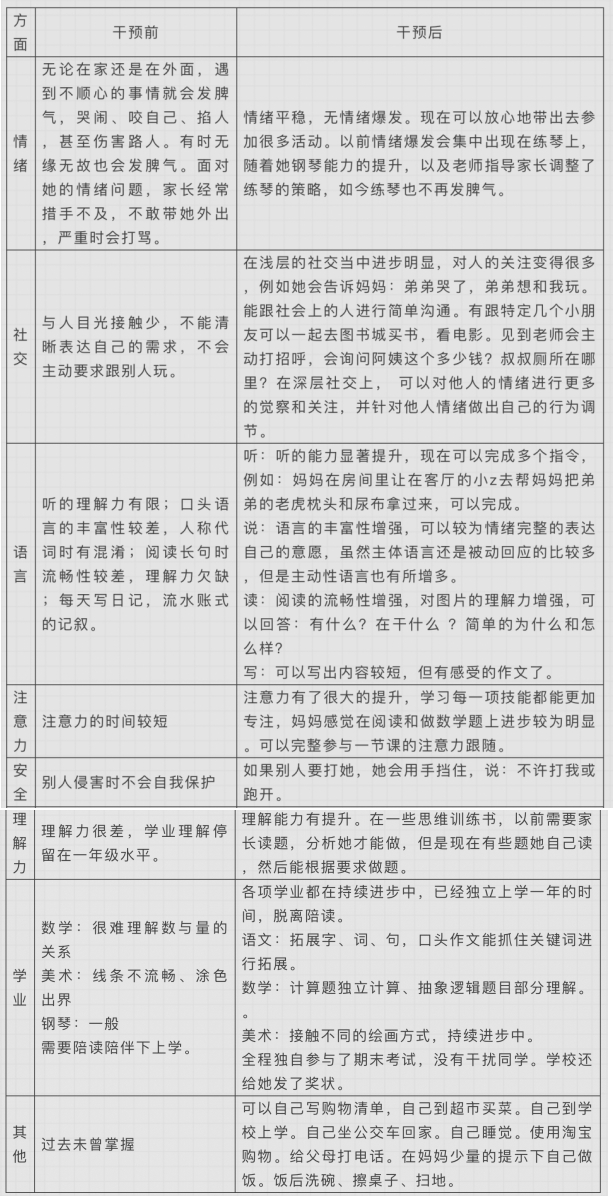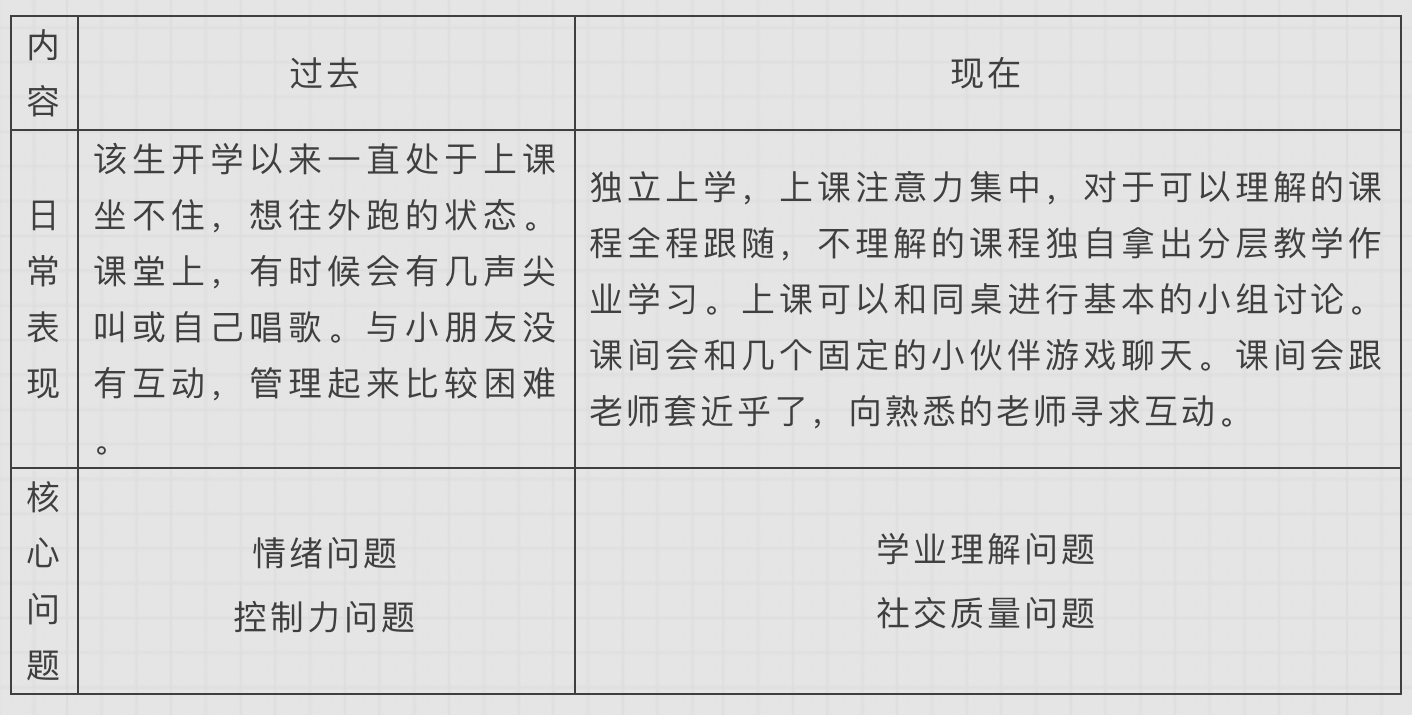RO DBT/彻底开放型辩证行为疗法——君子谦谦,虚怀若谷
Radically Open Dialectical Behavior Therapy (RO DBT) is a type of cognitive behavioral therapy developed by Dr. Thomas R. Lynch for disorders of overcontrol. Excessive self-control or overcontrol is a type of personality or coping style that can be identified in early childhood and can lead to social isolation, poor interpersonal functioning, and severe and difficult-to-treat mental health problems, such as anorexia nervosa, autism spectrum disorders, chronic depression, and obsessive-compulsive personality disorder (not OCD, but more related to perfectionism, orderliness, and control). Individuals characterized by overcontrolled coping tend to be serious about life, set high personal standards, work hard, behave appropriately, and frequently will sacrifice personal needs in order to achieve desired goals or help others; yet inwardly they often feel “clueless” about how to join in with others or establish intimate bonds. Thus, overcontrol works well when it comes to sitting quietly in school or building a rocket; but it creates problems when it comes to social relationships.
彻底开放型辩证行为疗法(RO DBT)是 Thomas R. Lynch针对过度控制障碍发明的一种认知行为疗法。过度自我控制或过度控制,是在儿童期早期就可以识别出的一种人格类型或应对类型,而且可能会导致社交隔离、人际能力不足、严重和难以治疗的精神健康问题,如厌食、自闭症谱系障碍、长期抑郁症、偏执强迫人格障碍(非OCD强迫症,而是更偏向于完美主义、条理性和控制性)。过度控制型的人通常会对生活态度认真严肃、设定很高的个人标准、工作努力、行为适宜、经常会为了满足目标或帮助他人而牺牲个人需求,但内心他们通常会完全不知道如何融入他人群体或建立亲密关系。因此,当在学校安静坐着或制造火箭时,“过度控制”很有效。但在社交关系中,却会导致种种问题。
What Is RO DBT?
什么是 RO DBT?
Radically Open Dialectical Behavior Therapy (RO DBT) is an evidencebased treatment developed specifically for problems of overcontrol. Radical openness is the core philosophical principle and core skill in RO DBT. The term “radical openness” means there are three important aspects of emotional well-being: openness, flexibility, and social connectedness.
RODBT是专门为“过度控制”而开发的一种循证疗法。彻底开放,是RO DBT中的核心哲学理念和核心技能。
“彻底开放”是指,情绪健康包含三个重要方面:
开放性
灵活性
社交连接度(人际关系密切度)。
RO DBT holds that “facts” and “truth” can often be misleading because we “don’t know what we don’t know,” life is constantly in flux, and there is much that influences us that we aren’t aware of. Radical openness involves a willingness to doubt or question ourselves and our convictions without falling apart. It helps relationships because it models humility and willingness to learn from what the world has to offer. RO DBT differs from other treatments by focusing on helping with deficits in social-signaling that reduce social connectedness. But what is a social signal? A social signal is any behavior a person exhibits in the presence of another person; regardless of its intention (sometimes a yawn is just a yawn) or conscious awareness (for example, an involuntary sigh). We are constantly socially signaling when around others (for example, via body movements, and voice tone), even when we are deliberately trying not to (silence can be just as powerful as nonstop talking).
根据RO DBT理念,“事实”和“真相”通常会具有误导性,因为我们“并不知道我们不知道什么。”生活是不断变化的,有很多在对我们产生着影响但却不为我们所知的事物。RO,即彻底开放,就包含了:欣然质疑自我、质疑自我信念而且又不会让自己崩溃。这有助于人际关系和感情的维护,因为它示范了谦逊、和从世界一切事物中欣然学习的态度。
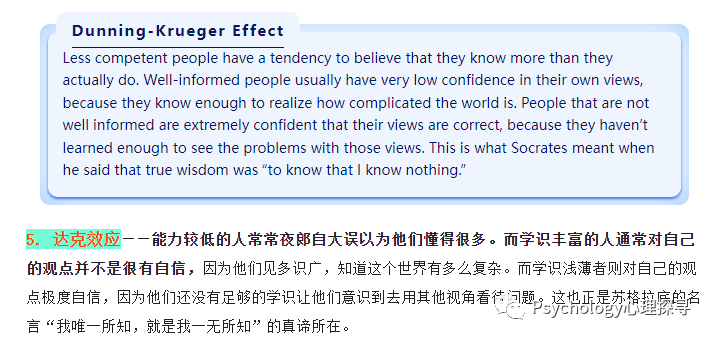
这一疗法和其他疗法的区别在于:重点治疗患者在“社交信号传递“”方面会导致人际关系受到负面影响的缺陷。
什么是社交信号?一个人在另一个人面前所表现出的任何行为,无论其本意为何(有时候一个哈欠就纯粹是一个哈欠)或是否有意(例如,不由自主的一个叹息),都是一种社交信号。当我们身边有其他人时,我们会持续不断地传递社交信号(比如,通过肢体动作,或语调语气等),甚至当我们刻意不传递社交信号时,我们也在传递社交信号(沉默不语也可以像喋喋不休一样效果强大)。
The reason for this is because negative results of overcontrol are usually related to social relationships. Overcontrolled individuals see new or unfamiliar (especially social) situations as dangerous, rather than rewarding, due to biological-temperamental differences and social/historical learning experiences. Their tendencies to hide expressions of emotion make it harder for others to know their true intentions, something that is needed to form close social bonds.
原因是,“过度控制”的负面后果通常会波及社交关系。由于个人生理-性情差异和社交/往昔学习经历,过度控制型的人会将新情形或不熟悉的情形(尤其是社交情形)视为危险情形,而非有益情形。他们往往会隐藏个人情绪,从而让其他人很难了解他们的真实本意,而这一点本该是构建亲密社交关系的必须要素之一。
Consequently, RO DBT targets indirect, hidden, and constrained social signaling as the main source of emotional loneliness, isolation, and misery over problematic internal experiences (e.g., negative emotions, harsh self-judgment, distorted thinking) and treatment strategies are designed to enhance social connectedness; including new skills to activate areas of the brain associated with the social-safety system and signal cooperation by deliberately changing body postures and facial expressions (e.g. raising eyebrows when stressed), encourage genuine self-disclosure, and break down overlearned expressive inhibitory barriers (via skills designed to encourage playful behavior and candid expression).
因此,RO DBT 将不直接的、隐藏的、受束缚的社交信号传递方式视为情感孤独、社交隔离、因不健康内在体验而产生的痛苦感(比如,负面情绪、过于严苛的自我批判、扭曲的思维方式等等)的主要根源,对专门针对这些根源进行治疗,且其治疗策略的目的是用于提升社交连接度,
策略包括:教授新技能,通过刻意改变身体姿势和面部表情等方式(比如在感到压力时挑高眉毛),激活大脑中与社交安全系统和信号配合相关联的区域、鼓励发自内心的自我披露、打破过度习得的表达抑制壁垒(通过一些旨在鼓励有趣行为和坦诚表达的技巧)。
Thus, when it comes to long-term health, what a person feels or thinks inside is considered less important in RO DBT, whereas how a person communicates or socially signals their private experience to others and its impact on social connectedness is given priority. When you are lonely it’s hard to feel happy, no matter how much you try to accept or change your circumstances, think more positively, keep busy, exercise, practice yoga, or distract yourself. Revealing intentions and emotions to other members of our species was essential to creating the types of strong social bonds that are the cornerstone of human tribes. In the long run, we are tribal beings, and we want to share our lives with other members of our species. Essentially, when we feel part of a tribe, we naturally feel safe and worry less. RO DBT is designed to help emotionally lonely overcontrolled clients learn how to make this a reality.
因此,在长期健康方面,一个人内心所思所感在RO DBT中是不那么重要的,而一个人如何向其他人传递他们的个人体验,以及这种传递方式对社交连接度的影响,这在RO DBT中是最重要的。当你孤独时,你很难感到幸福,无论你多么努力地想要接受或改变个人境遇、更乐观积极、让自己忙碌起来、健身、瑜伽或转移自己注意力。向别人展露自己的本意和情感,是创造构成人类部落基石的牢固社交关系的关键要素。长期视角而言,我们是部落型动物,我们想要和我们种族的其他成员一起生活。本质而言,当我们感到是一个部落的一员时,我们自然而然感到安全、感到不那么担忧。RO DBT旨在帮助那些情感上孤独的过度控制型的人学习如何实现这一点。
What Are the Components of Outpatient RO DBT?
RODBT门诊治疗都包含哪些内容?
Although RO DBT has been researched and applied clinically in a wide range of settings (inpatient, day hospital, skills training only), the approaches outlined in the published treatment manuals (Lynch, 2018a; Lynch, 2018b) are derived primarily from an outpatient model of treatment delivery. Outpatient RO DBT has four components delivered over an average of 30 weeks. The first three components are specific to patients and the final component is specific to the RO DBT therapist. Specifically, the components are:
尽管RO DBT在很多场合中被研究和应用(住院、不提供夜间住院的日间医院、技能培训),在出版的治疗手册中概述的方法主要是来自于门诊治疗模型。门诊RO DBT共包括4个部分,总时长平均30周。前三个部分针对患者,最后一个部分针对咨询师。四个部分分别是:
- Weekly individual therapy (one hour in duration)
每周一次的个人咨询(每次一小时)
- Weekly skills-training class (2.5 hours in duration with 15-minute break)
每周一次的技能训练课程(时长2.5小时,其中中间休息15分钟)
- Telephone consultation (optional)
电话咨询(非必选项)
4.Therapist participation in RO DBT consultation meetings (optional)
咨询师参加 RO DBT 会诊会议(非必选项)
How Is RO DBT Different From Standard DBT?
RO DBT与标准DBT之间的区别
As a new treatment, RO DBT is both similar and dissimilar to its earlier versions of DBT. The decision to retain the terms dialectical and behavior therapy (BT) in the name of this new treatment reflects the desire to acknowledge two of its fundamental roots.
作为一种新疗法,RO DBT与其前身版本 DBT 有同有异。而且其名称中被决定保留辩证和行为疗法(BT),这也反应了他们希望人们认可这两个根源。
Dialectical principles are used in RO DBT to encourage cognitively rigid overcontrolled clients to think and behave more flexibly. An example of dialectical thinking can be seen in the RO DBT mindfulness skill of self-enquiry. Self-enquiry requires willingness to question one’s beliefs, perceptions, action urges, and behaviors without falling apart or simply giving in. The dialectical tension involves balancing trusting versus distrusting oneself. The synthesis in RO DBT involves being able to listen openly to criticism or feedback, without immediate denial (or agreement), and a willingness to experience new things with an open heart, without losing track of one’s values.
在RO DBT 中,辩证准则被用于鼓励那些在认知上僵化的过度控制型患者在思考和行为中更灵活变通一些。在RO DBT的自我询问正念技巧中,就可以看到辩证思维的例子。自我询问,需要一个人愿意去质疑自己的信念、认知、行为冲动和行为,而且同时确保自己不会崩溃或直接屈服。这一辩证张力(由逻辑上或功能上相反的事物构成的一个体系。比如确定性和不确定性就构成了一个辩证张力,二者互不兼容。)包含相信自己和否定自己。而在RO DBT中的合题(在黑格尔的辩证推理中,包含三步骤,正题、反题、合题。合题即一个解决了正题和反题之间矛盾的新观点/方法)则包括:能够以开放、不立即否定/同意的心态倾听批评或反馈,愿意以虚怀若谷的心态体验新事物且同时能坚守自己的价值观。
Whereas, behavior therapy principles are used to explain how certain maladaptive overcontrolled social signaling deficits are intermittently reinforced over time (for example, pouting is reinforced when it functions to block unwanted feedback) and to therapeutically reinforce and shape adaptive responses linked to establishing and maintaining close social bonds (such as vulnerable self-disclosure and candid expression of emotion).
另一方面,行为疗法准则则用于解释一些特定的适应不良过度控制社交信号传递缺陷是如何随着时间推移被间断性强化的(比如,当生闷气可以阻挡一些不想要的反馈时,生闷气这一行为就得到了强化),同时也用于强化和塑造一些可用于建立和维持密切社交关系的适应良性反应(比如披露自我脆弱之处,和坦诚表达自己情绪等)。
Although RO DBT and standard DBT share this common ancestry, they differ in several important ways. Some of the key differences between RO DBT and standard DBT include:
尽管 RO DBT和标准DBT有上述同源之处,但也有诸多不同。一些重要不同包括:
Target population
目标人群
RO DBT:
Developed for overcontrolled clients, such as patients with anorexia nervosa, chronic depression, and obsessive compulsive personality disorder; these would be people whose emotions are often directed inward or don’t emerge at all.
针对过度控制型患者,如厌食、长期抑郁、偏执强迫人格障碍人群。这些人情绪通常指向自己或者根本不显露。
Standard/标准 DBT:
Developed for undercontrolled clients, such as patients with borderline personality disorder, substance misuse, or bipolar disorder; these would be people whose emotions often are directed outward and appear disruptive to others.
针对控制不足型患者,如边缘人格障碍、物质滥用或双相情感障碍等。这类人情绪通常指向外界,且看起来会对别人造成困扰。
Primary therapeutic focus
主要治疗焦点
RO DBT:
External (interpersonal)— social signaling and social connectedness skills.
聚焦外部(人际)——社交信号传递和社交连接技巧
Standard/标准 DBT:
Internal (intrapersonal)— emotion regulation, impulse control, and distress tolerance skills.
聚焦内在(自我)——情绪管理、冲动控制、痛苦容忍技巧。
Role of biotemperament
生理性情的角色
RO DBT:
Emphasizes how biology influences how we perceive others and how that perception affects our actions.
强调生理对我们认知的影响,以及该认知对我们行为的影响
Standard/标准 DBT:
Bio-temperament not directly addressed or focused on in standard DBT.
生理性情并非重点关注对象
Mindfulness practices
正念练习
RO DBT:
Informed by Malamati Sufism.* emphasis on self-inquiry, “outingoneself,” participating without planning, and the cultivation of healthy self-doubt. encourages Flexible-Mind responses that promote relaxation of rigid, rule-governed control efforts and an increase in context-appropriate emotional expression.
基于Malamati* 苏菲教派(苏菲教派是伊斯兰神秘教派;Malamatis或Malamatiyya是苏菲教流派,推崇自责,贬低nafs(类似于ego))。强调自我询问,“让自己走出去”,在无计划的情形下参与不同事情,培养健康自我质疑;鼓励Flexible Mind(灵活思想)型反应,这类反应方式倡导松懈那些刻板循规蹈矩的控制行为,鼓励做出与背景情形相适宜的情绪表达。
Standard/标准 DBT:
Informed by Zen buddhism emphasis on nonjudgmental awareness of “what is” and intuitive knowing. encourages cultivation of Wise-Mind responses that focus on reducing mood-dependent impulsive responding and increasing abilities to delay immediate gratification in order to pursue distal goals.
基于佛教禅学,强调不加批判地去认识事物本质,强调直观认知。鼓励培养“Wise-Mind”(智慧思维)型反应。这类反应方式强调减少由情绪所支配的冲动型反应,为追求更长远目标而提升延迟满足能力。
Therapeutic stance
治疗姿态
RO DBT:
Less directive, encourages independence of action and thought.
并非由咨询师手把手逐步指引;鼓励行为和思想的独立。
Standard/标准 DBT:
Uses external contingencies, including mild aversives, and takes a direct stance in order to stop dangerous, impulsive behavior.
使用外部制约因素(如为某一行为设定奖励和惩罚),如适度的会导致厌恶的情形等;直接干预,以停止危险、冲动行为。
Radical Acceptance vs Radical openness
根本接纳VS根本开放
RO DBT:
Prioritizes Radical openness—that is, actively seeking the things one wants to avoid in order to learn–challenging our perceptions of reality, modeling humility and a willingness to learn.
优先强调根本开放,即,主动寻找自己想回避的事物,从而从中学习——挑战自己对现实的认知,示范谦逊和好学态度。
Standard/标准 DBT:
Prioritizes Radical acceptance— that is, letting go of fighting reality and turning suffering that cannot be tolerated into pain that can be tolerated.
优先强调根本接纳,即,不再抵抗现实,将不能忍受的折磨转化为能够忍受的疼痛。
*The Malamatis are not so much interested in the acceptance of reality or seeing “what is” without illusion (central Zen principles), but rather they look to find fault within themselves and question their self-centered desires for power, recognition or self-aggrandizement
Malamatis流派并不那么热衷于接纳现实或毫无幻觉地看清事物本质(禅学核心理念),而是主要寻找自身不足,质疑(谴责)自己追名逐权的自我中心型愿望。
Several other differences between RO DBT and standard DBT exist and are well-articulated here:
RO DBT 和标准DBT的其他一些区别详见:
https://www.newharbinger.com/blog/how-ro-dbt-different-dbt
Is RO DBT Effective?
RO DBT 是否有效?
The evidence base for RO DBT is robust and growing. It has been shown to be highly effective in treating chronic forms of depression with rates of full recovery from depression reported as high as 71% in some studies. Research has also demonstrated the potential utility of RO DBT in the treatment of severely underweight adults with anorexia nervosa with studies reporting significant increases in body mass index (BMI; weight gain), low rates of treatment dropout, and significant improvements in eating disorder related psychopathology.
RO DBT 的证据基础牢固且在不断增加。已显示在治疗长期抑郁症中高度有效,在一些研究中,完全治愈率高达71%。调查还显示RODBT 在体重严重过低且厌食的成年人中也表现出潜在效用,一些研究报告显示BMI显著增高,治疗退出率低且与精神病理相关的饮食障碍症状得到显著改善。
In summary, as of summer 2017, most research support is for the treatment of chronic depression, anorexia, and maladaptive personality dysfunction in adults—with additional ongoing research examining RO DBT with violent offenders in forensic settings, among young children, and with adolescent eating disorders.
总而言之,至2017年,大多数的调查项目援助都是面向成人的长期抑郁、厌食和适应不良人格障碍的治疗——另外还有其他一些在开展的调查研究项目是针对暴力型违法人员、低龄儿童以及青少年饮食障碍等。
Finding an RO DBT Therapist
寻找 RO DBT 咨询师
Patients interested in pursuing RO DBT should take measures to identify a licensed clinician adequately trained in RO DBT. A useful minimal benchmark of adequate training is the successful completion of a 10-day intensive training program in RO DBT delivered by a Radically Open Ltd. sanctioned trainer. In addition, the completion of individual supervision through an approved RO supervisor is desirable. Ensuring that a potential therapist has satisfied these guidelines increases the likelihood of receiving the treatment with fidelity and competence.
想要尝试RO DBT 的患者应采取措施寻找在 RO DBT 方面经过充分培训的持证临床咨询师。检测咨询师是否得到充分培训的一个有效最低标准,是完成由 Radically Open Ltd认证培训师提供的RO DBT 10天集中培训课程。另外,完成由 RO 督导的个人督导过程,则更理想。确保你要找的咨询师满足上述条件,会提升你得到有效治疗的几率。
To learn more about RO DBT, please visit/要进一步了解 RO DBT,请访问:
http://www.radicallyopen.net/.
